The Central Board of Direct Taxes (CBDT) has recently released notification, saying the Direct Tax Vivad Se Vishwas Scheme 2024 will come into effect from October 1, 2024. This scheme seeks to minimise income tax litigation by offering taxpayers the opportunity to settle ongoing income tax appeals, writs, and petitions pending before various appellate authorities, including the Supreme Court and high courts, as of July 22, 2024.
“In exercise of the powers conferred by sub-section (2) of section 88 of the Finance (No. 2) Act, 2024 (15 of 2024), the Central Government hereby appoints the 1st day of October, 2024 as the date on which the Direct Tax Vivad Se Vishwas Scheme, 2024 shall come into force,” read the notification by the Ministry of Finance dated September 19, 2024.
About Vivad Se Vishwas Scheme (VSV 2.0)
The scheme was initially introduced in 2020 to facilitate the resolution of direct tax appeals pending as of January 31, 2020. These appeals were with the Commissioner of Income Tax (Appeals), the Income Tax Appellate Tribunal, high courts, or the Supreme Court. At that time, 483,000 appeals were pending, with Rs 4.96 trillion tied up in disputes. Currently, there are 544,000 appeals pending before the Commissioner of Income Tax (Appeals) alone, with the disputed amount rising to Rs 10.6 trillion.
The VSV 2.0 scheme aims to reduce ongoing income tax litigations by offering a simplified appeals process for taxpayers and the Income Tax Department.
It provides a streamlined mechanism for filing appeals across various appellate forums, including the Joint Commissioner of Income-tax (Appeals), the Income Tax Appellate Tribunal (ITAT), and higher courts.
The scheme applies to appeals, writ petitions, and special leave petitions pending as of July 22, 2024, and offers settlements without penalties or interest, with the assurance that no prosecution will be initiated for resolved cases.
Additionally, VSV 2.0 includes cases where objections have been filed with the Dispute Resolution Panel (DRP) but no final assessment order has been issued, as well as pending revision applications before the Commissioner. The main objective of the VSV 2.0 scheme is to offer a cost-effective solution for resolving disputed tax matters, reducing the litigation burden on both taxpayers and the judicial system.
What is not included in VSV 2.0
The VSV 2.0 will not apply in certain cases, such as search and seizure, prosecution, undisclosed income/assets located overseas, proceedings under other specified laws being instituted, etc.
“With tax payment rates set to increase by 10 per cent starting January 1, 2025, it is crucial for companies to evaluate their pending income tax litigations from both a cost-benefit standpoint and a broader non-tax perspective. The Rules and Forms for VSV 2.0 are expected to be published imminently in the coming week. Given the limited time window, an informed decision on opting for the scheme should be made promptly,” said Experts
How scheme will be implemented
To implement the scheme four specific forms have been introduced:
Form-1: Form for filing declaration and undertaking by the declarant.
Form-2: Form for certificate to be issued by designated authority.
Form-3: Form for intimation of payment by the declarant.
Form-4: Order for full and final settlement of tax arrears by designated authority.
The DTVSV Scheme stipulates that Form-1 must be submitted individually for each dispute. However, if both the appellant and the income-tax authority have filed appeals concerning the same order, a single Form-1 should be submitted in such cases.
The intimation of payment is to be provided in Form-3, which must be submitted to the Designated Authority along with proof of the withdrawal of any appeal, objection, application, writ petition, special leave petition, or claim.
Forms 1 and 3 are to be submitted electronically by the declarant and will be available on the Income Tax Department’s e-filing portal at www.incometax.gov.in.
Visit www.cagurujiclasses.com for practical courses


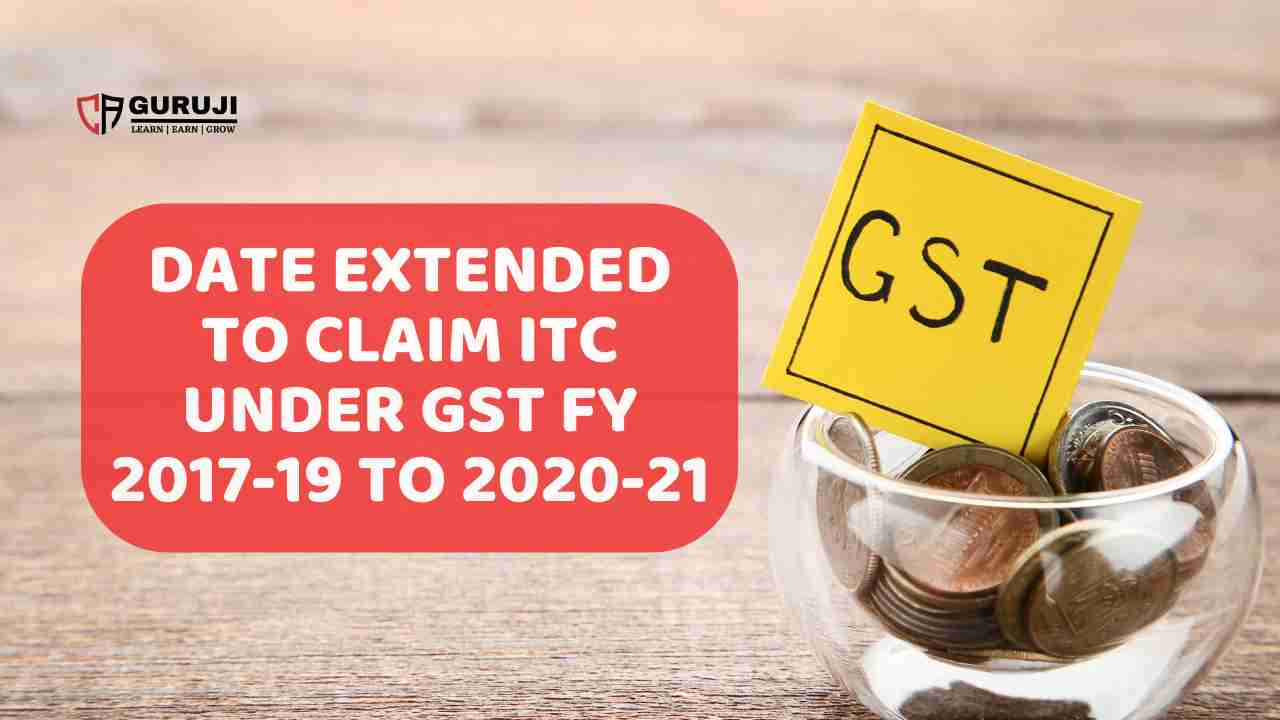
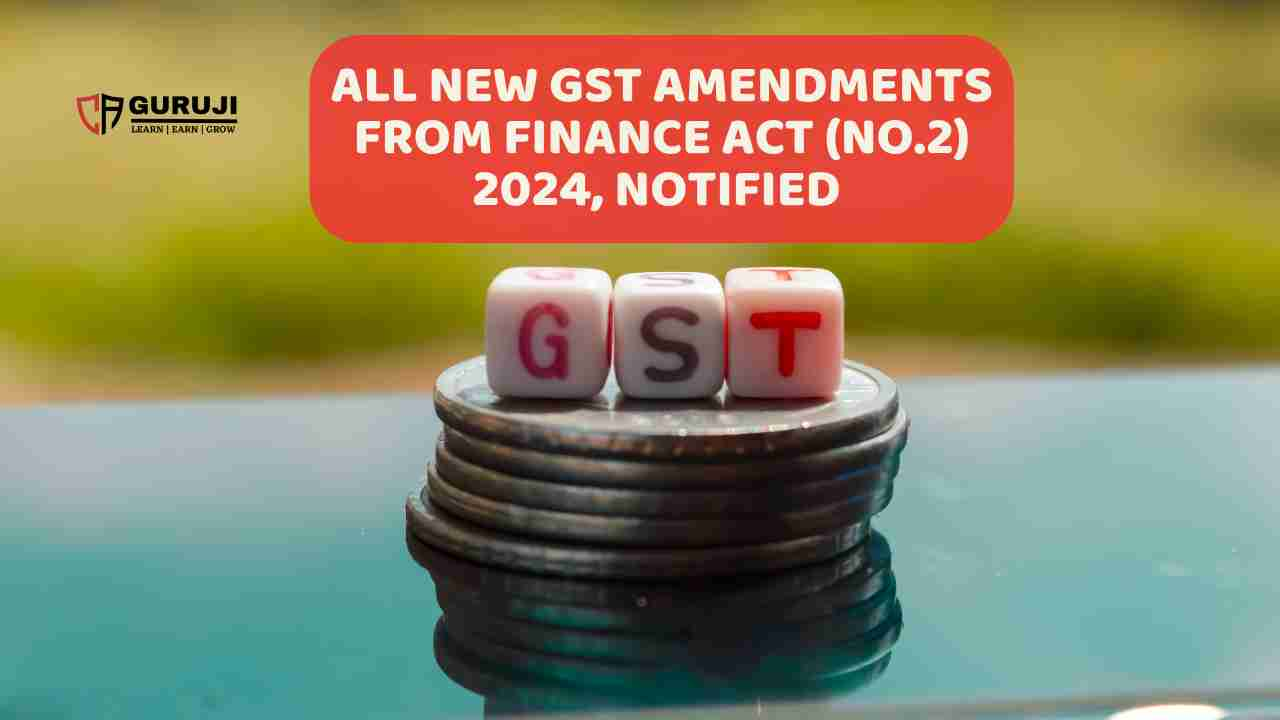
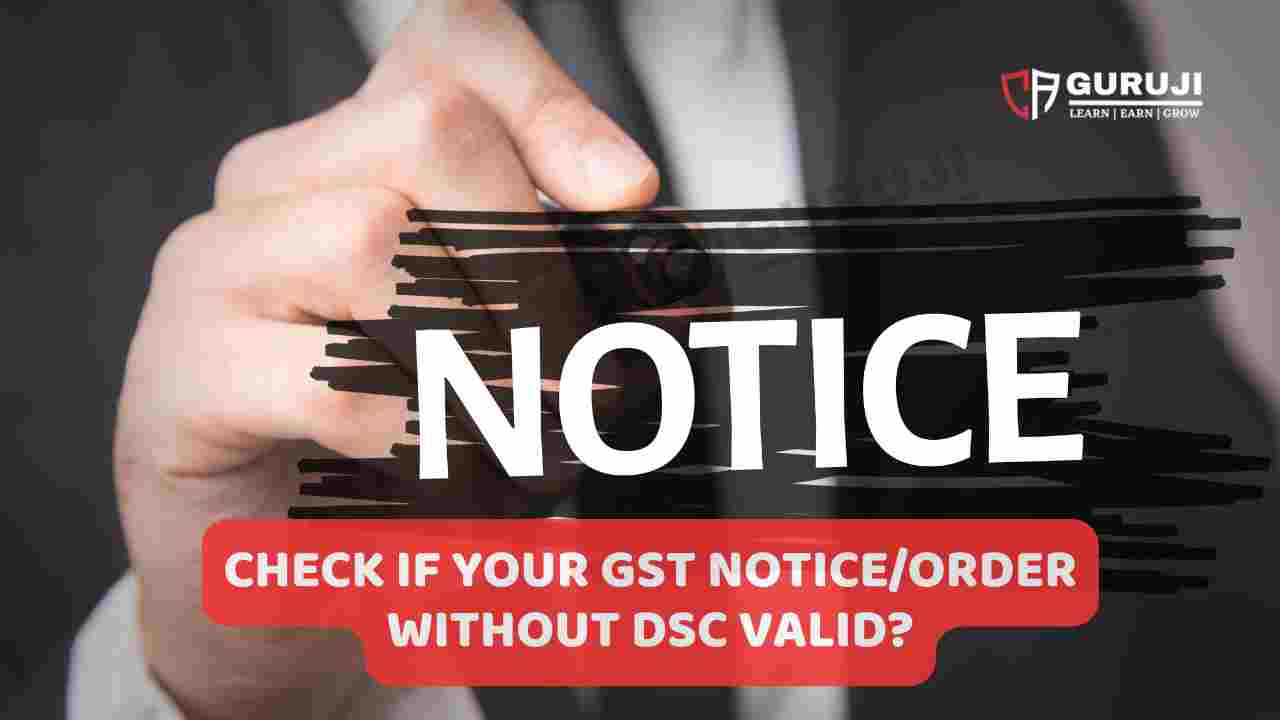

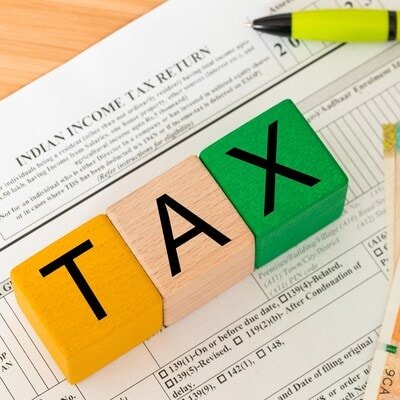



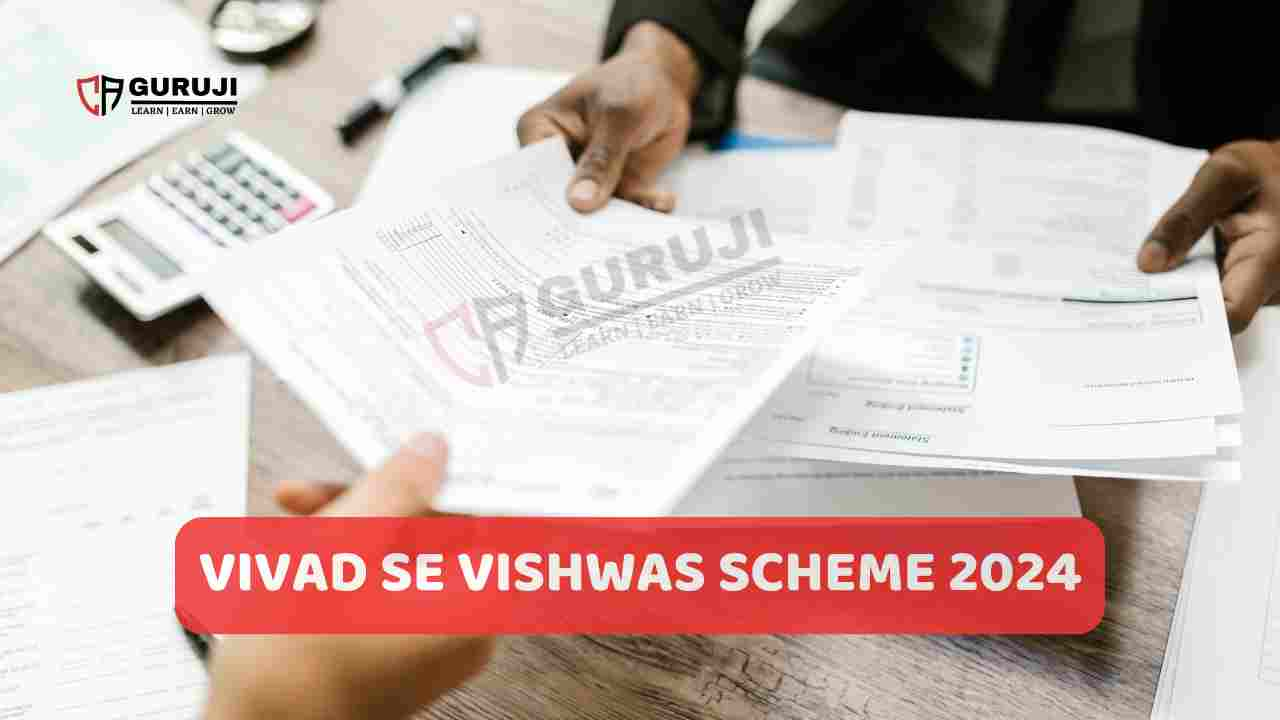
Madam does viswas se vivad scheme 2024 is available for assessees for whom tax dues are there but no appeals are preferred – means orders are passed by the department for short deduction non deduction of TDS